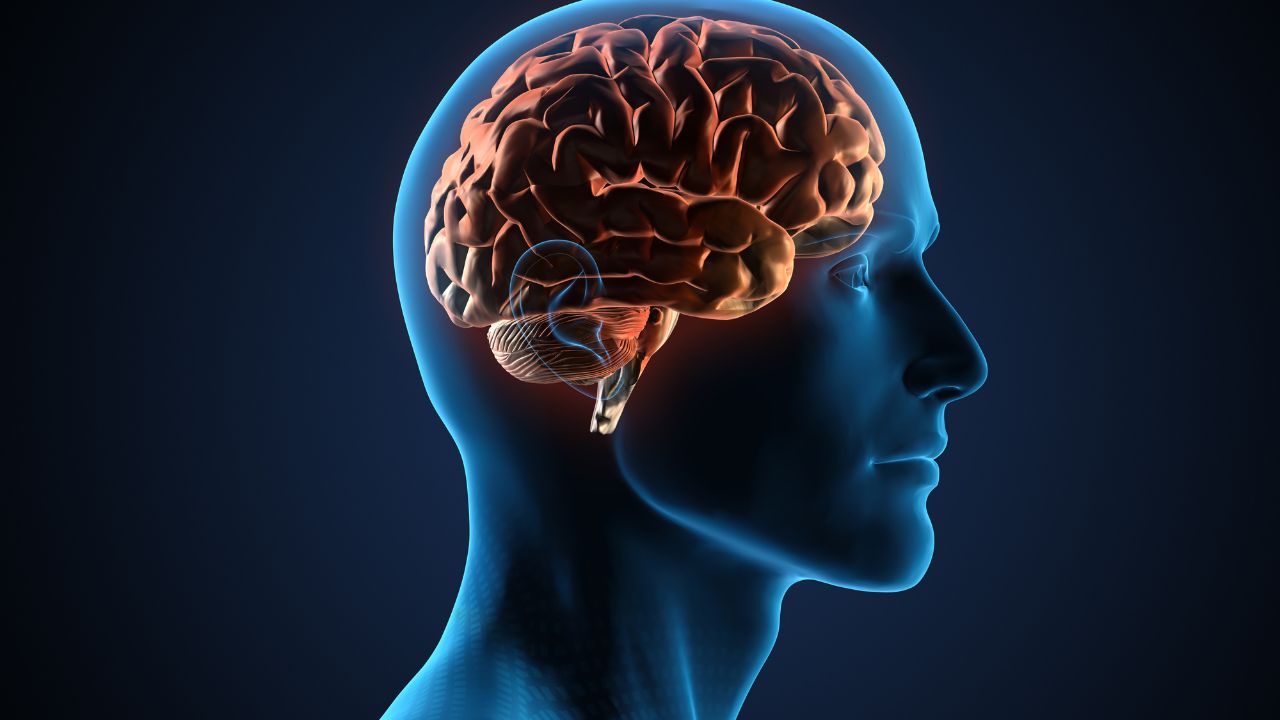
Agnosia Treatment in India
What is Agnosia?
Agnosia is a neurological condition that affects a single informational pathway in the brain, making it difficult for individuals to recognize people, voices, objects, or places. Despite this, agnosia patients can still interact with the external world properly. The condition results from specific brain damage that impacts a single circuit linking primary sensory regions, which store knowledge and information. These primary sensory areas mainly include the visual and auditory cortices. Brain injuries in the parietal or occipital lobes, which are crucial for language and schematic memory storage, typically cause agnosia. Common types of agnosia include topographical disorientation, integrative agnosia, environmental agnosia, and finger agnosia.
Symptoms
Diagnosing agnosia can be challenging, but the symptoms significantly impact how the body functions, making the condition noticeable. Common symptoms include:
- Inability to recognize faces and voices.
- Difficulty distinguishing between shapes and objects.
- Inability to detect familiar smells.
Causes
Agnosia can result from various brain injuries or conditions. The most likely causes include:
- Dementia
- Carbon monoxide poisoning
- Encephalitis
- Traumatic encephalopathy
- Strokes
Risks
Several risk factors can increase the likelihood of developing agnosia:
- Head injury
- Diabetes and obesity
- Smoking
- Advanced age
Prevention
Preventing agnosia involves managing several lifestyle factors:
- Reducing anxiety and stress
- Avoiding tobacco use
- Maintaining a balanced diet
- Having routine medical checkups
Agnosia Treatment in India
India offers advanced and comprehensive treatment options for agnosia. Medical facilities in India are equipped with state-of-the-art technology and staffed by experienced neurologists and healthcare professionals. Treatment typically involves a combination of therapies and medications tailored to the specific type of agnosia and its underlying cause.
- Neurological Rehabilitation: Specialized rehabilitation programs aim to improve cognitive functions and help patients regain the ability to recognize people, objects, and places. These programs may include cognitive therapy, speech therapy, and occupational therapy.
- Medications: Depending on the underlying cause, medications might be prescribed to manage symptoms or treat the condition causing agnosia. For instance, medications for dementia or encephalitis can indirectly improve agnosia symptoms.
- Psychotherapy: Psychological support is crucial for agnosia patients, as the condition can lead to frustration and emotional distress. Counseling and psychotherapy can help patients cope with the psychological impact of agnosia.
- Lifestyle Modifications: Adopting a healthy lifestyle can prevent further brain damage. This includes managing conditions like diabetes, avoiding smoking, reducing stress, and maintaining a balanced diet.
Conclusion
India provides a comprehensive and effective treatment approach for agnosia, combining advanced medical technology, skilled healthcare professionals, and personalized care. Patients with agnosia can benefit from India’s affordable healthcare services, ensuring access to high-quality treatment without financial strain. Early diagnosis and intervention can significantly improve the quality of life for individuals with agnosia, making India a preferred destination for neurological treatment.




